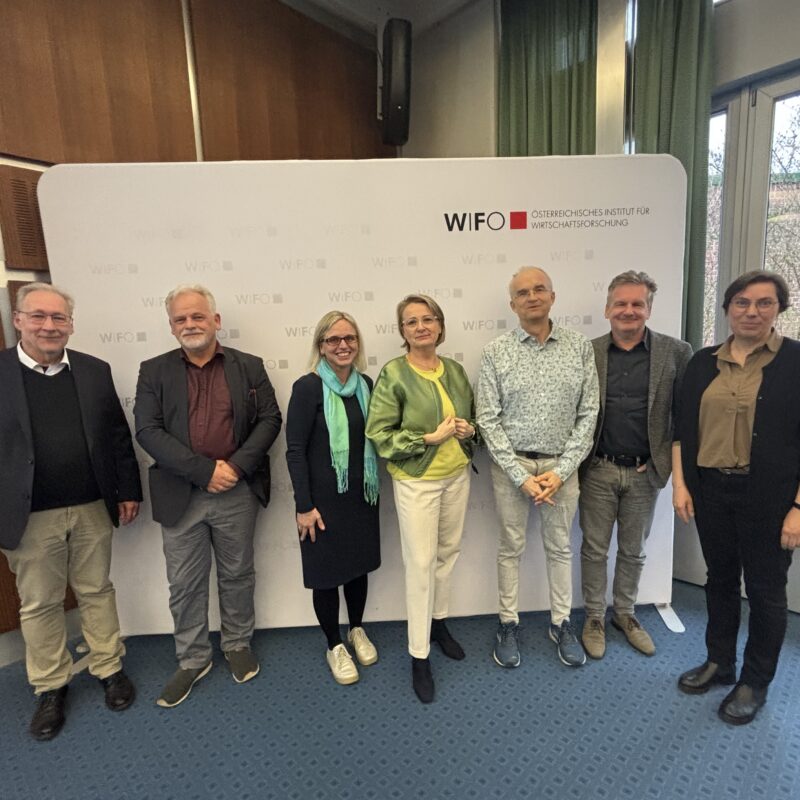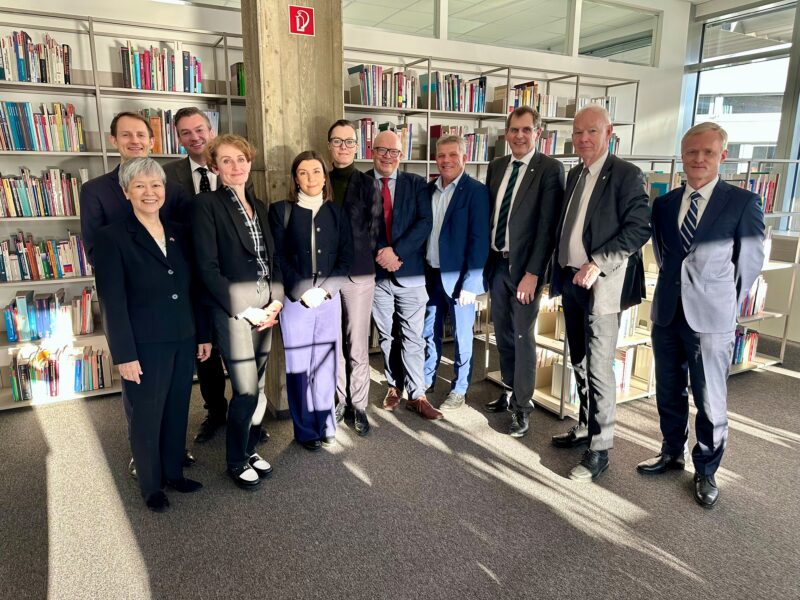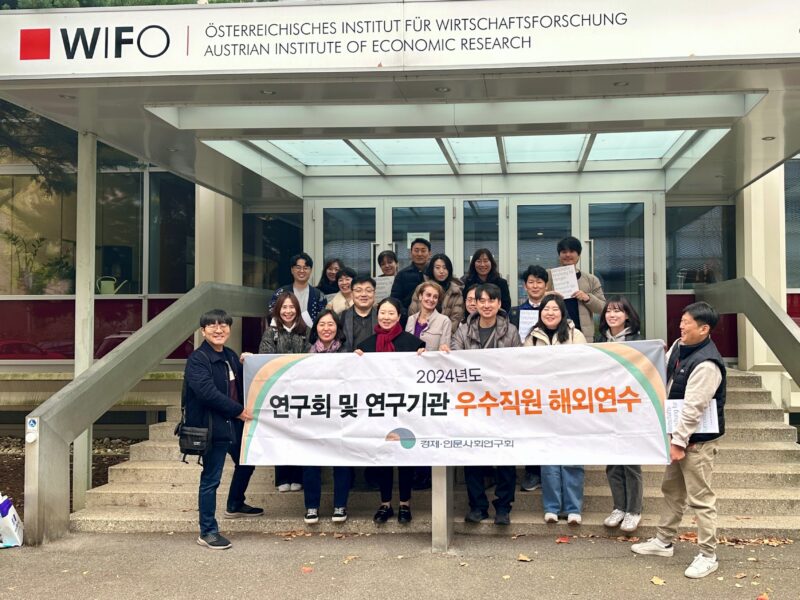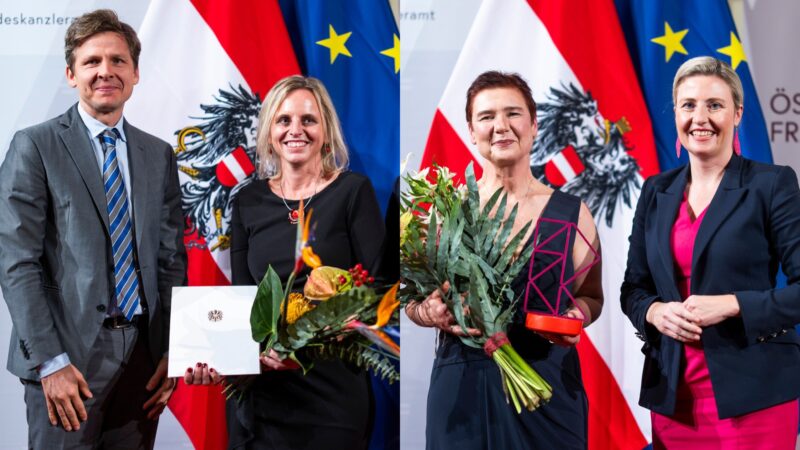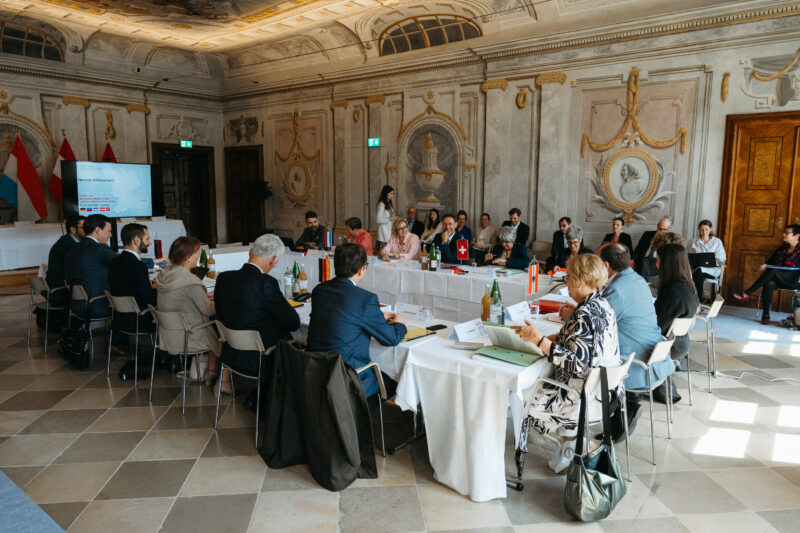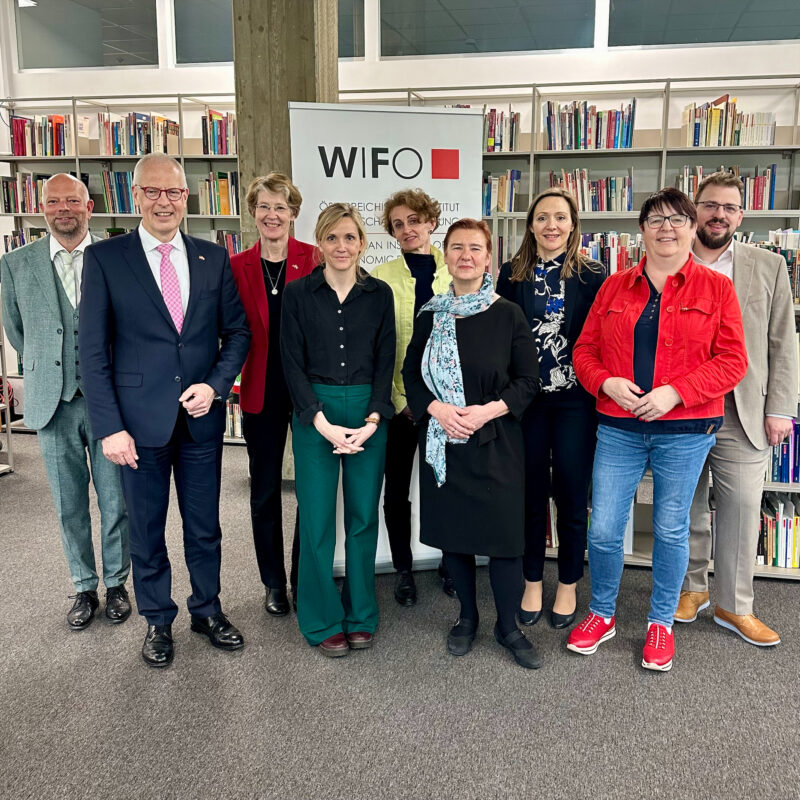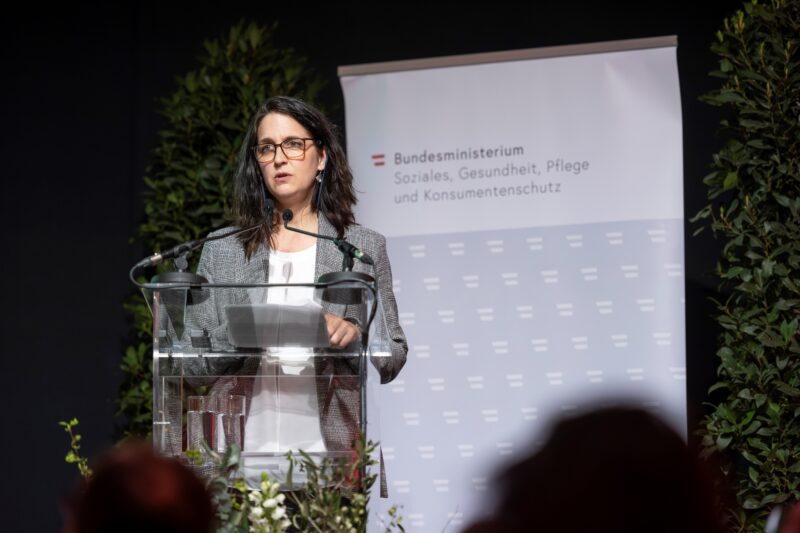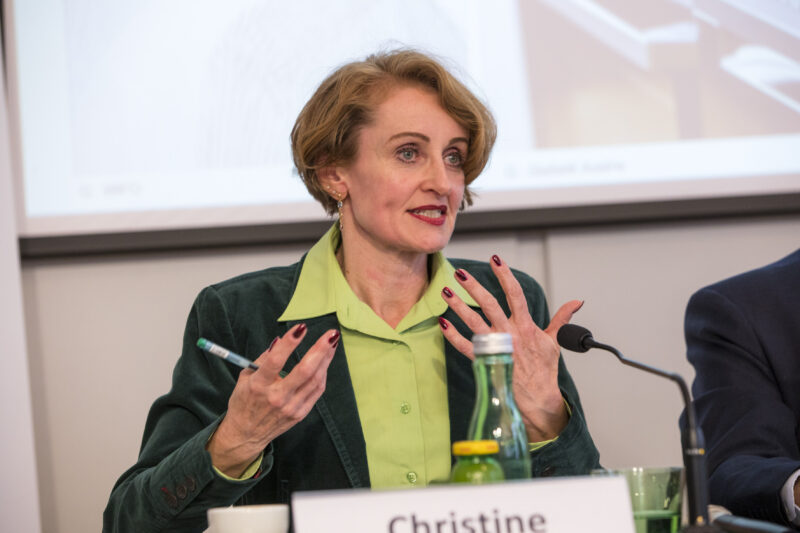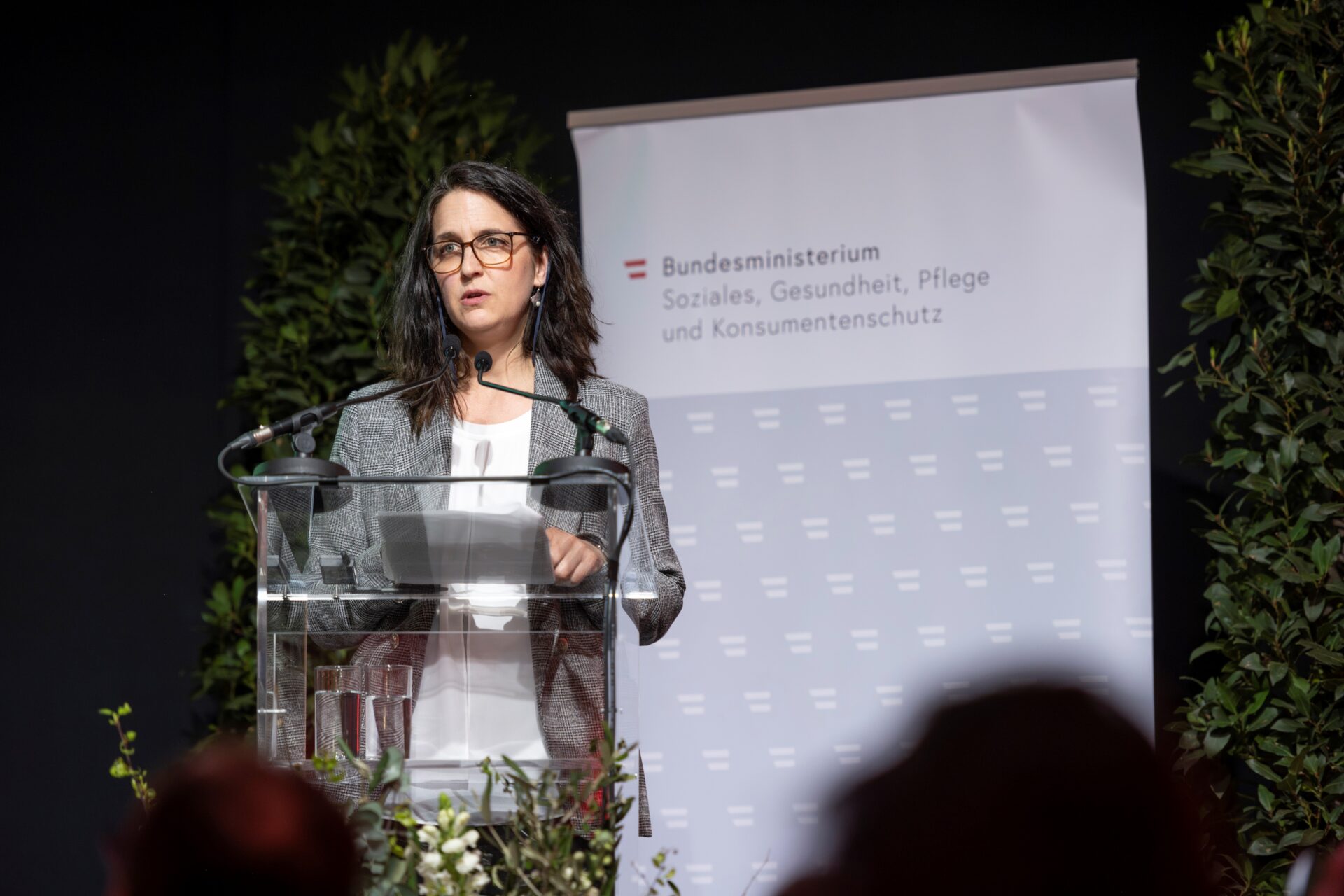
Poverty-resistant Welfare State Social Infrastructure and Benefits in Kind
On the occasion of the presentation of the Social Report 2024 on 9 April 2024 in Vienna, WIFO economist Silvia Rocha-Akis presented the study chapter "Poverty-resistant social infrastructure and benefits in kind", which was written with Christine Mayrhuber, Julia Bock-Schappelwein, Stefan Angel, Marion Kogler and Ulrike Famira-Mühlberger.
In addition to monetary social benefits, public benefits in kind also determine both the individual living conditions of the population and the long-term economic performance of the country. In a well-developed welfare state, education, health and care services as well as subsidised housing play a decisive role in the well-being of all and contribute significantly to the prevention of poverty in the medium and long term. The long-term effectiveness of the welfare state in combating poverty requires investments that must be made today to ensure its stability. Above all, the infrastructure for children, young people and families changes their risk of poverty by promoting their skills, knowledge and abilities. This changes their job market and income opportunities. These investments are an efficient preventative measure to avoid poverty.
Equal access to public elementary educational institutions and compulsory schools, including after-school care, is crucial in order to even out differences in skills between children from different socio-economic backgrounds and with different language skills at an early stage and to enable educational pathways that are independent of social background. The removal of access barriers and the expansion of unpaid or affordable, high-quality daycare facilities for children are a key lever for a poverty-resistant welfare state.
This increases later labour market opportunities and reduces later risks as well as social and fiscal follow-up costs in connection with unemployment, lack of employability, exclusion and poverty. In order to minimise current drop-out rates at the transitions between the various educational levels and to open up access to higher education for all social classes, investments are needed both in terms of measures to strengthen skills and in terms of changes to the institutional structure, for example through the expansion of all-day schools.
From a macroeconomic perspective, investments in education and health are also of central importance for the economic development of Austria, a country whose economy is particularly dependent on human labour due to a lack of raw materials. With a decreasing number of people of working age, qualification is becoming even more important. Early support and high-quality educational institutions that are accessible to all go hand in hand with a poverty-preventing effect. This poverty-reducing effect also occurs in the short term if pre-school facilities and all-day school are available across the board and accessible to all, enabling women to work. This effect would also unfold in the further development of services in the area of (long-term) care if informal care is increasingly transferred to formal settings. The increasing proportion of very old people means more demand for care services. This supply and financing is a central task of the public sector in a welfare state that is resistant to poverty in order to ensure that care services are accessible regardless of the financial background of those in need of care. The growing workforce required for this, combined with more attractive wages and working conditions, also contributes to poverty reduction through higher and better employment and contributes to the quality of life of those in need of care.
Benefits in kind in the area of housing cover basic needs on the one hand and affordability on the other. A poverty- resistant welfare state provides appropriate services for both aspects. These range from the expansion of nationwide preventive measures to avoid homelessness as the most extreme form of poverty in the form of eviction prevention ("housing umbrella"), low-threshold and nationwide assistance and advice services for tenants to the promotion and provision of affordable housing through subsidised housing schemes.
In Volume II of the Social Report 2024, the social policy analyses, renowned scientists outline ideas for the welfare state of the future. Based on the current social situation, some of the most pressing issues of our time are discussed. Among other things, the report discusses how the welfare state can be made poverty resistant. Further information on the social report can be found here.
Please contact







